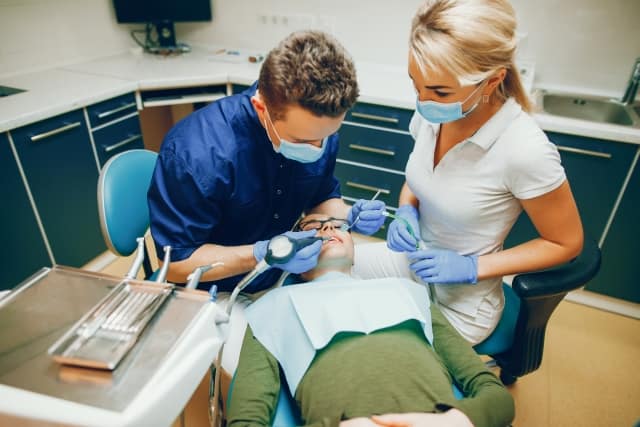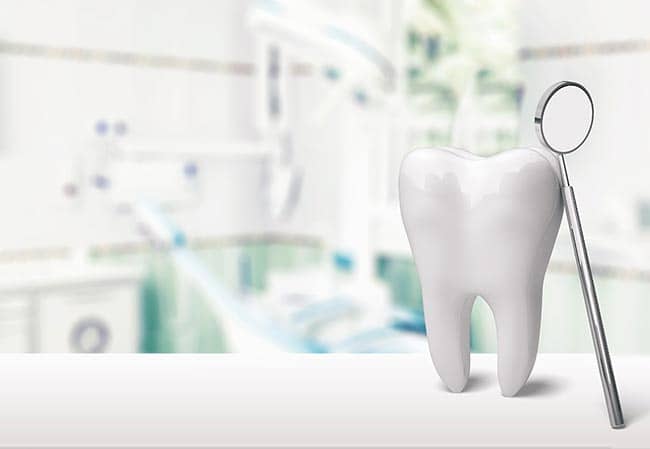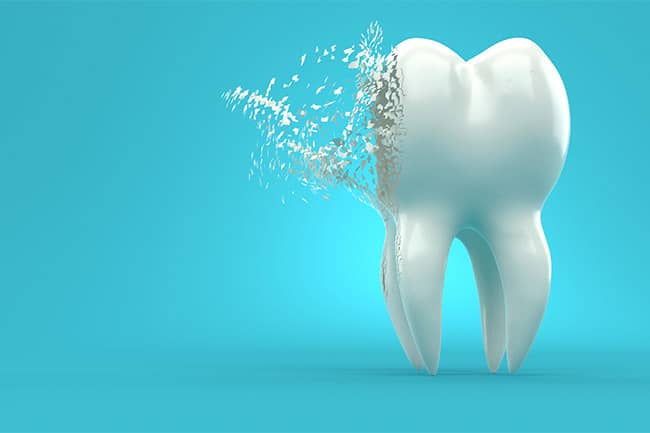We understand that visiting the dentist can be a scary time for many, but what is even scarier is finding out that you could possibly lose your teeth. In this post we are going to look at one oral health condition called periodontitis that you really want to prevent from happening.
What is Periodontitis?
Periodontitis is a severe form of gum disease, and the result of gingivitis not being treated. Your gums weaken, and spaces form between the gum and your teeth called periodontal pockets. These pockets become inflamed due to trapped bacteria inside, and the tooth root, bone and nerves become damaged as time goes by. It is usually painless.
The Symptoms
People who have periodontitis will usually notice some or all of the following symptoms:
- Bleeding gums when brushing
- Swollen and red gums
- Gums receding from teeth
- A bad taste in mouth as well as bad breath
- Loose teeth
- Pain when you chew
- Noticeable pus between your teeth
- Spaces between teeth
Who Does it Affect?
Gum disease usually affects adults, but it can occur in children as well. You are more at risk if you:
- Do not have professional cleaning regularly
- Smoke
- Have poor nutrition
- Are obese
- Have type II diabetes
- Have a history of substance abuse
- have had poor oral hygiene for long periods of time
- Have a medical condition such as Chron’s disease, AIDS or cancer
Can it Be Treated?
While the early stage of gum disease, gingivitis, can be treated, if periodontitis is not stopped before it’s too late, you can lose your teeth. This is because the bone and supporting structures can become too weak and become destroyed.

Periodontitis also can affect your general health, so if you are diagnosed with the condition, listen to your oral health therapist about how to manage it and follow their advice. You will need to have professional deep gum cleaning, improve your oral hygiene habits and may need antibiotics to fight the infection. There is also a chance that you may need surgery to repair gums and treat bone loss.
How Can I Prevent Periodontitis?
Gum disease is best prevented by good oral hygiene and regular professional cleaning by a dentist and oral health therapist. This means brushing your teeth morning and night, cleaning in between your teeth such as flossing after eating. Even if you have bleeding or inflamed gums, brushing the gums will usually help to calm the problem.
It’s a good idea to have regular check-ups with your oral health therapist who is trained in spotting the early signs of gum disease. Professional cleaning will ensure that small particles that get stuck in between teeth as well as plaque are removed effectively.
Prevent Gum Disease Now
If you believe that you have some of the symptoms of gum disease, it’s important to visit your oral health therapist as soon as possible. And if you don’t, you should still make sure to have regular check ups at least once a year. Some people may need to see a dental professional more regularly, between 3-6 months. We would be delighted to welcome you to Coburg Hill Oral Care, so please feel free to make an appointment with us by calling (03) 9041 5301 or drop in and see us at our clinic.




